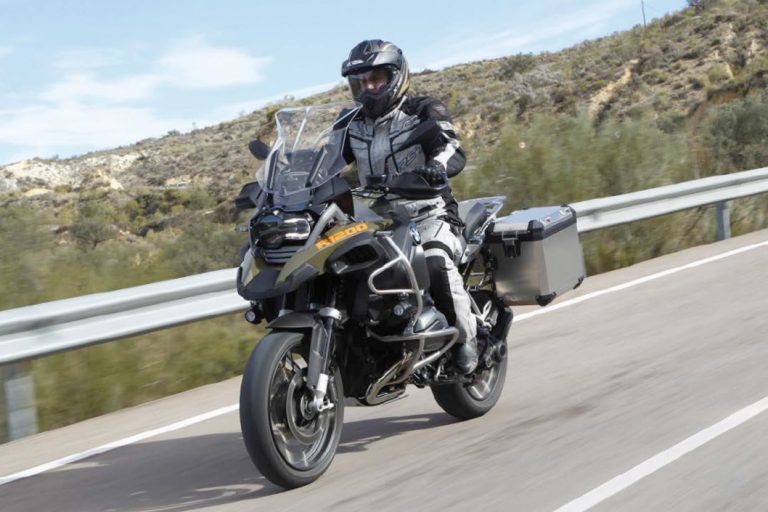Having read of our Crossrunner crash back in issue 19 – due in small part to tiredness – DR Stuart D. Baulk wrote in with some sound advice on staying awake at the bars…
How did you become an expert on sleeping?
SB: I studied psychology at Loughborough University, then spent four years watching people fall asleep at the wheel in a driving simulator for my PhD. I investigated how different strategies kept them awake and how their driving was affected. After that I moved to Australia and spent five years researching fatigue in train and truck drivers, and how sleep disorders can impair their performance. These days I prefer bikes and adventure travel to simulators and data collection, but some of the knowledge comes in handy on a long trip.
So, why do we sleep?
Sleep is necessary for rest and recuperation of the body, but more importantly, the brain. It supports our cognitive functioning, and without it, things start to go wrong mentally and physically.
How much sleep do we actually need?
This is a topic of much scientific debate, but humans tend to sleep an average of about eight hours in every 24, usually in one main sleep period (sometimes two), with the main sleep during the night and a shorter sleep in the mid afternoon. Research studies show that we can function effectively with less, but we tend not to like it – that is, our chirpy mood can be the first thing to suffer when we are tired. If we are motivated we can function okay with four hours of sleep per night, but less than that and we begin to suffer.
Are we designed to sleep only at night?
Our body clock (or circadian rhythm) regulates many functions, such as digestion, body temperature and alertness. We are far more likely to sleep during the night time or mid-afternoon. While this clock is part of our biological system, it also relies heavily on external signals such as daylight to stay synchronised to the environment. This is why things feel so wrong when we fly across time zones – our body clock says one thing and the wall clock says another. While some night shift workers can adapt well, essentially we are designed to sleep at night.
So what can happen when we don’t sleep enough?
When we start losing sleep, our brains can become impaired, although not evenly across all functions. Rather than gradually slowing down or making more and more errors, we can still function in some ways perfectly well, while other areas have lapses where things are missed altogether. When driving or riding, peripheral vision becomes less important, fine details are missed, and the ability to maintain accurate speed/ road position become impaired. Our grip strength can weaken also. Only a minor lapse in concentration can cause a serious problem if you run off the road or into oncoming traffic. In some parts of the world just hitting a pothole in the road can be a serious problem, so being alert is important all the time.
What are the warning signs before things go pear-shaped?
Before we become seriously impaired and move towards actually falling asleep, there are many warning signs that alertness is decreasing and its time to take a break. When we are tired, we become less communicative, more grumpy and short-tempered. While this can be most obviously noticed by another person, you can also recognise the signs in yourself – which is particularly useful if travelling alone. How you react internally to what’s going on around you, and what your mood is doing can be a good indicator of your level of alertness. We are also more likely to make mistakes in navigation and map reading as well as riding itself, so keeping an eye on where you are and how you are riding are both good ways to monitor what’s going on.
Tricks & Tips for staying alert
Aside from getting good sleep and making sure you get any sleep disorders or other health problems checked out and dealt with – there are a few tricks that can come in handy when you need to find a way to ride another two hours when you are ready to call it a day.
Caffeine is a psychostimulant which can lift your mood and make you more alert.
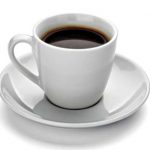 Commonly found in coffee, chocolate and energy drinks, this can be a really useful strategy to get you to where you need to be. Energy drinks can be particularly useful since they have a standard amount of caffeine (caffeine content in coffee can be irregular). However, strategy is the important part of this – caffeine is a drug with dependency and withdrawal effects like any other. So, if you want to use caffeine to its maximum effect for a reason, avoid drinking it socially or as a matter of habit.
Commonly found in coffee, chocolate and energy drinks, this can be a really useful strategy to get you to where you need to be. Energy drinks can be particularly useful since they have a standard amount of caffeine (caffeine content in coffee can be irregular). However, strategy is the important part of this – caffeine is a drug with dependency and withdrawal effects like any other. So, if you want to use caffeine to its maximum effect for a reason, avoid drinking it socially or as a matter of habit.
Remember that caffeine can have a rebound effect to make you feel more tired (especially when combined with sugar), and can keep you awake at night. So consider the timing carefully. Take it about 3/4 through your day so that it can help you to get to the end of the journey, but not stop you from falling asleep later on.
Water is a vital factor in staying alert when riding.
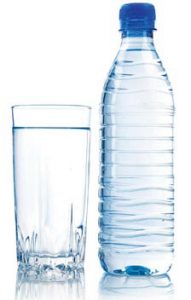 When we become dehydrated, we naturally feel tired as our body slows down to conserve water. While toilet breaks can be a pain on a long bike trip, they are less of a problem than the effects of dehydration, which creeps up on you much more slowly – so drink plenty of water and remember that coffee, tea and soft drinks do not count and can actually dehydrate you more.
When we become dehydrated, we naturally feel tired as our body slows down to conserve water. While toilet breaks can be a pain on a long bike trip, they are less of a problem than the effects of dehydration, which creeps up on you much more slowly – so drink plenty of water and remember that coffee, tea and soft drinks do not count and can actually dehydrate you more.
Food intake is another way we can manage alertness.
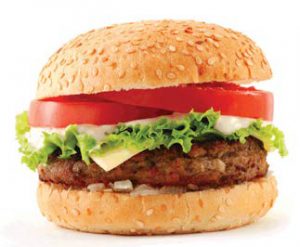 When tired we often crave high glycaemic index (GI) foods such as carbohydrates and sugary snack foods. When riding long distances we are typically exposed to convenience foods and often a limited range. Looking for healthier alternatives and low GI foods will really help to maintain alertness in the longer term, without the spiked highs and lows.
When tired we often crave high glycaemic index (GI) foods such as carbohydrates and sugary snack foods. When riding long distances we are typically exposed to convenience foods and often a limited range. Looking for healthier alternatives and low GI foods will really help to maintain alertness in the longer term, without the spiked highs and lows.
Drinking Alcohol before riding is never a good idea.
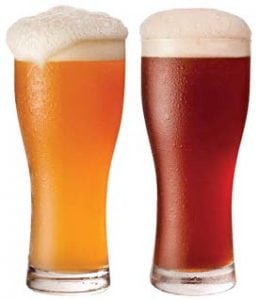 Remember that even a small amount of alcohol taken at lunchtime can combine with the natural body clock lows to make us feel even more sleepy, despite what the breathalyser might say. All medications have the potential to interact with alcohol and sleepiness, so always check whether they cause drowsiness. Antihistamines and antidepressants, in particular, can make you very drowsy so riding is not advisable.
Remember that even a small amount of alcohol taken at lunchtime can combine with the natural body clock lows to make us feel even more sleepy, despite what the breathalyser might say. All medications have the potential to interact with alcohol and sleepiness, so always check whether they cause drowsiness. Antihistamines and antidepressants, in particular, can make you very drowsy so riding is not advisable.
Exercise has the effect of increasing deeper stages of sleep and is thus good for recovery.
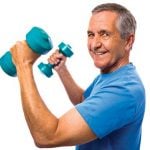 Therefore the fitter you are and the more regular exercise you do, the better you will sleep. It can also have an immediate alerting effect if you need a boost. Knowing yourself and how often you need to take breaks will also help you to plan your trip and maximise your alertness while riding.
Therefore the fitter you are and the more regular exercise you do, the better you will sleep. It can also have an immediate alerting effect if you need a boost. Knowing yourself and how often you need to take breaks will also help you to plan your trip and maximise your alertness while riding.


